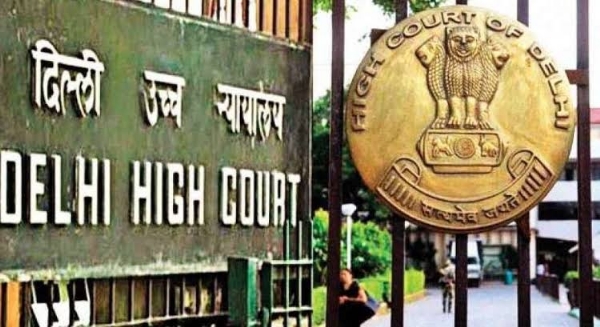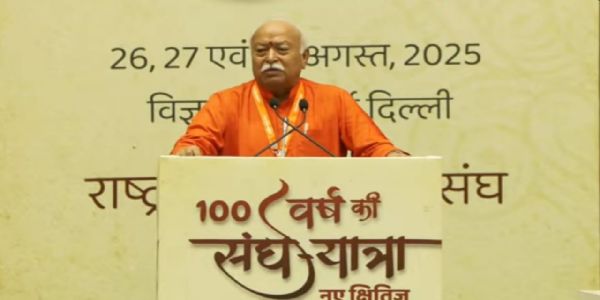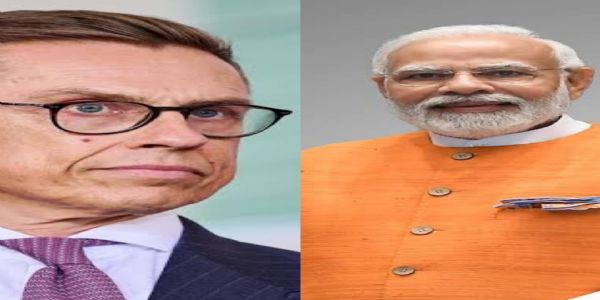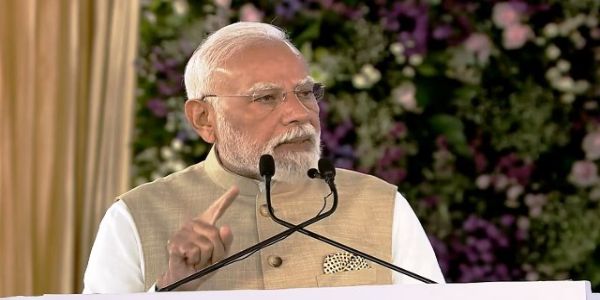
New Delhi, Aug 27 (HS): The Delhi High Court on Wednesday issued notices to the Delhi Government, the Central Board of Secondary Education (CBSE), and the National Council of Educational Research and Training (NCERT) on a plea alleging commercialization of education and denial of access to underprivileged students in private schools.
A bench headed by Chief Justice D. K. Upadhyay sought responses after hearing a petition filed by Jasmeet Singh Sahni, Director of Doon School, through advocate Satyam Singh Rajput.
During the hearing, counsel for the petitioner, advocate Amit Prasad, argued that private schools often compel parents to buy expensive books and learning materials, imposing undue financial strain on economically weaker families. The plea contended that despite clear CBSE directives in 2016 and 2017 mandating the use of NCERT textbooks, many private institutions continue to favor costlier books from private publishers.
The petitioner further alleged that this practice not only burdens parents but also violates the Right to Education (RTE) Act, especially Section 12(1)(C), which ensures 25% reservation for children from disadvantaged backgrounds. According to the plea, while the Delhi government provides Rs 5,000 annually to support such students, private schools reportedly force them to bear expenses of ₹10,000–12,000, compelling many families to withdraw their children altogether.
Highlighting the stark disparity, the plea noted that a complete NCERT book set costs around ₹700, whereas books from private publishers can exceed ₹10,000. It also pointed to violations of the government’s School Bag Policy, which requires that the bag’s weight should not exceed 10% of the child’s body weight, warning that such neglect poses grave risks to students’ physical and mental health.
---------------
Hindusthan Samachar / Jun Sarkar








